Arabic Learning Games for Kids UK at home are one of the most effective, if not the most effective ways to teach Arabic to children. Kids as young as 2 years old are like sponges, naturally absorbing information from their surroundings. But to truly reach them, we must consider their playful nature; they’d much rather play than sit through formal lessons.
By turning learning into a game, we can transform what often feels like a heavy or intimidating task into an enjoyable, hands-on experience. Games invite children to actively participate, stay engaged, and retain Arabic vocabulary and concepts more naturally and joyfully.
Importance of fun-based learning for kids
Play-based learning is a foundational part of how children develop, process information, and interact with their environment. When kids see learning as a form of play, they’re more involved, driven, and much more likely to truly grasp and remember the information
Through playful activities, kids develop across several key areas:
- Cognitive development: Play promotes experimentation and exploration, accordingly, this strengthens children’s ability to solve problems and think critically.
- Language acquisition: As children engage and express themselves, they naturally expand their vocabulary and develop their communication abilities.
- Social skills: Cooperative games instruct children in the importance of cooperation, sharing, taking turns, and conflict resolution, all of which are vital for fostering healthy relationships.
- Physical development: Activities like building blocks or movement games support motor skill development and hand-eye coordination.
- Engagement and motivation: Children who enjoy learning remain interested, attentive, and ready to contribute.
- Memory and retention: When learning is engaging and purposeful, kids retain information better.
Is learning Arabic challenging for kids?
Just like with anything new, starting to learn Arabic can feel a bit challenging, and that’s perfectly okay since it’s still unfamiliar. For many children, the idea of learning a new script, grammar rules, or sounds might seem overwhelming. But let’s agree on one thing: kids are not afraid of challenges, they’re naturally curious and flexible.
In fact, young children are like blank slates. With the right support, they can pick up Arabic just as easily as their first language. What some may view as “difficult” can actually become a strength when introduced early, through play and repetition.
Through playful learning and well-structured Arabic classes for kids like those offered by Noor Institute, Arabic becomes not just easy but also fun for children of all ages.
5 Arabic Learning Games for Kids UK at home
- Arabic Memory Match: Use flashcards with Arabic letters or words, and have your child match pairs. This basic yet impactful game boosts memory, letter identification, and vocabulary skills.
- Arabic Charades: Kids take turns acting out Arabic words or phrases without speaking, while others guess the answer. This increases vocabulary, promotes nonverbal communication, and makes learning engaging and enjoyable.
- Alphabet Puzzle: A useful method for teaching kids the Arabic alphabet. Every piece of the puzzle stands for a letter, aiding kids in connecting letters with their sounds and improving their knowledge of the alphabet through tactile play.
- Word Formation: Designed for children ages 6 to 10, Kalimat is a word-building game where players create simple Arabic sentences using vocabulary cards. It helps expand sentence structure, grammar awareness, and practical vocabulary.
- Arabic Bingo: Children can play by marking off the Arabic letters, words, or numbers on their cards when they hear them called out. The first to complete a row wins. It’s a fun way to build vocabulary, listening, and letter recognition, especially in group settings.
Additional activities for kids at home
- Reading Arabic Stories: Through captivating tales, simple Arabic storybooks assist kids in expanding their vocabulary, comprehending sentence construction, and developing their listening abilities.
- Arabic Show and Tell: In this entertaining activity, children use Arabic to describe a favourite toy or object, practicing their vocabulary, sentence structure, and speaking abilities.
- Building Blocks: Educational blocks with Arabic letters or words allow children to stack, organize, and build, giving them hands-on experience to explore Arabic word formation and spelling.
- Arabic Word Drawing: In this pen and paper activity, children will draw a picture based on an Arabic word, while their peers guess on the word. This is a fun way to reinforce both vocabulary and meaning through art.
Incorporating games the right way: Tips for parents
- Join the fun: Don’t just supervise, get involved. When your child sees you engaged and having fun it creates motivation and makes the learning feel like a collaborative effort.
- Keep it consistent: Schedule a time during the day or week for Arabic games. A regular routine sets your child expectations and makes learning feel like a part of life.
- Motivate with goals: Turn games into small challenges, these mini goals make learning exciting and rewarding.
- Incorporate Arabic into daily life: Encourage your child to use new words when they eat or play. This practical application facilitates the link between game-based learning and effective communication.
These simple yet effective tips will help your child get the most out of play-based language learning
Noor Institute: fun and flexible Arabic learning at Home
Fun Arabic learning games for kids at home are a powerful way to build language skills, and at Noor Institute, we take that one step further. Our meticulously crafted program provides some of the best Arabic classes online, tailored exclusively for children.
Taught by experienced tutors who know how to keep young learners engaged, each class is age-appropriate, interactive, and focused on real progress. Noor Institute provides a flexible, supportive learning environment for kids of all levels, all from the comfort of your home.
Whether you live in London, Birmingham, Manchester, Leeds, Leicester, Bradford, Luton, Cardiff, or Glasgow, Arabic learning resources are now more accessible than ever. Families from diverse Muslim communities across the UK can help their children build strong Arabic skills at home while keeping connected to their faith and culture. For more support, guidance, and community programs, visit the Islamic Centre in Britain.
Sign up now and enjoy a free trial for any Arabic class you choose with Noor Institute.





